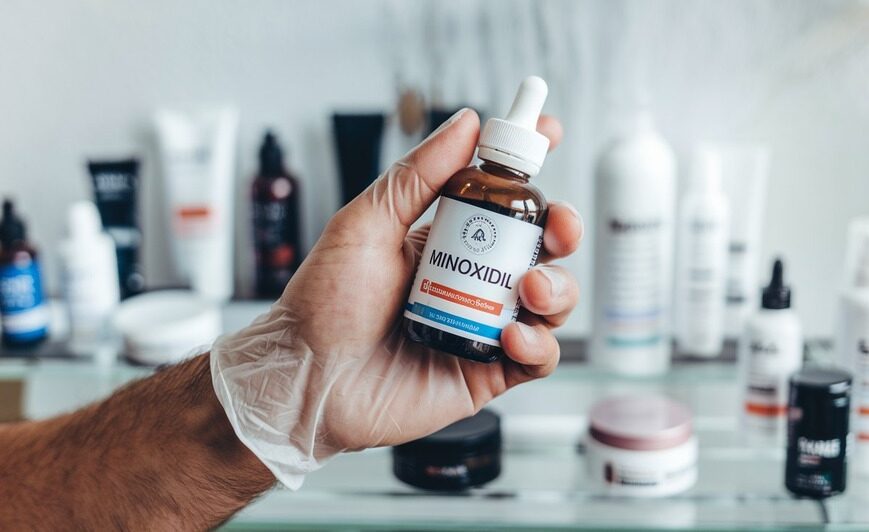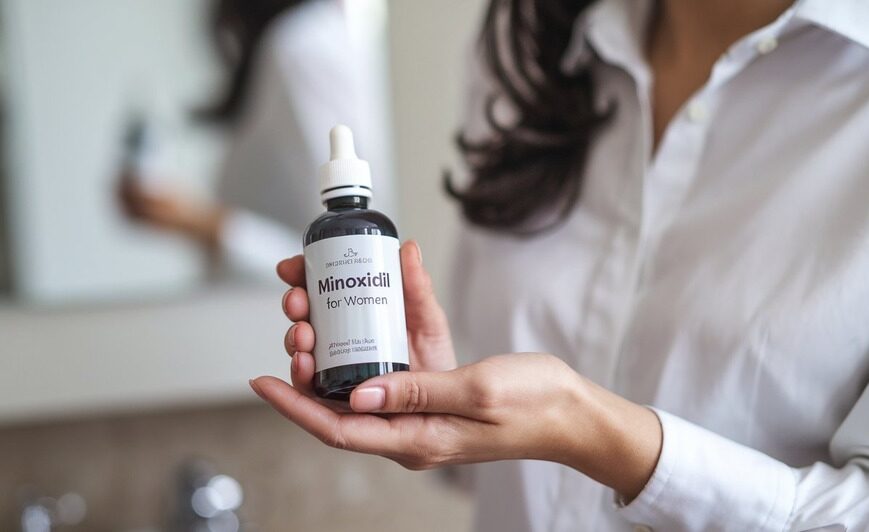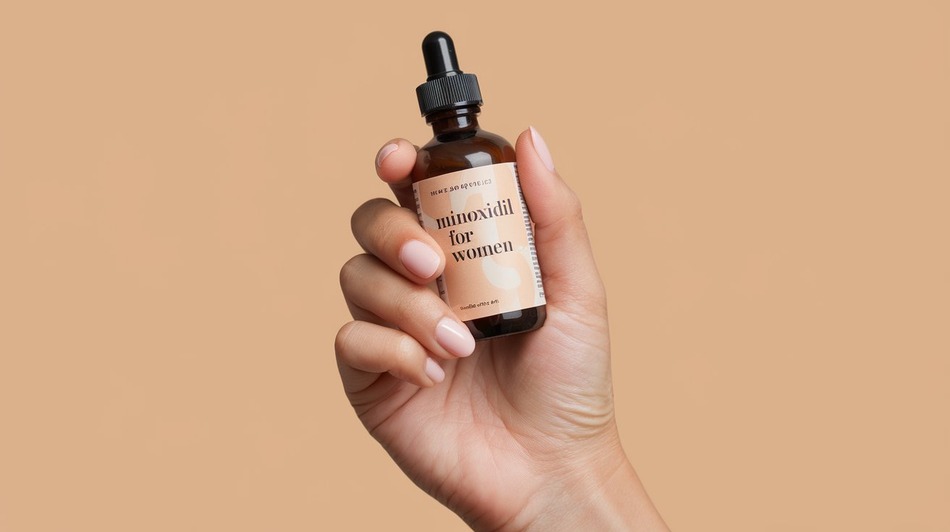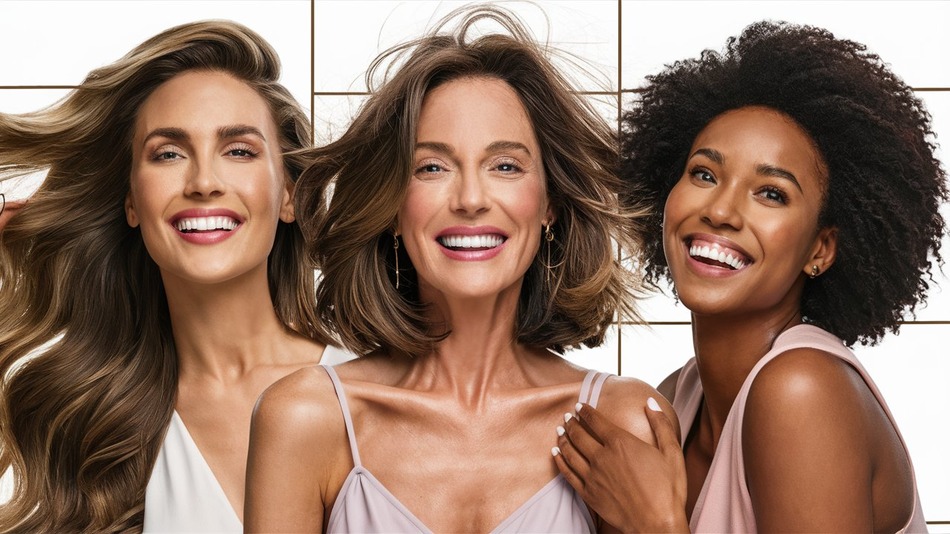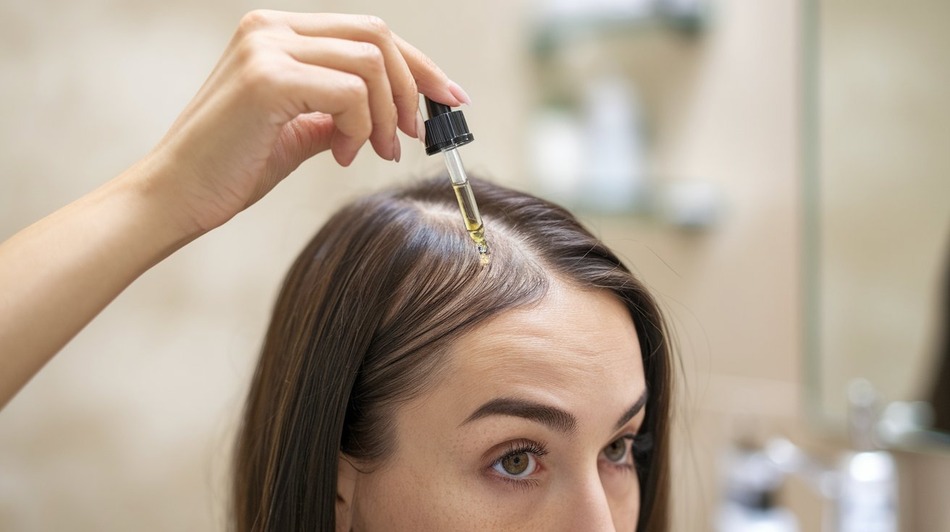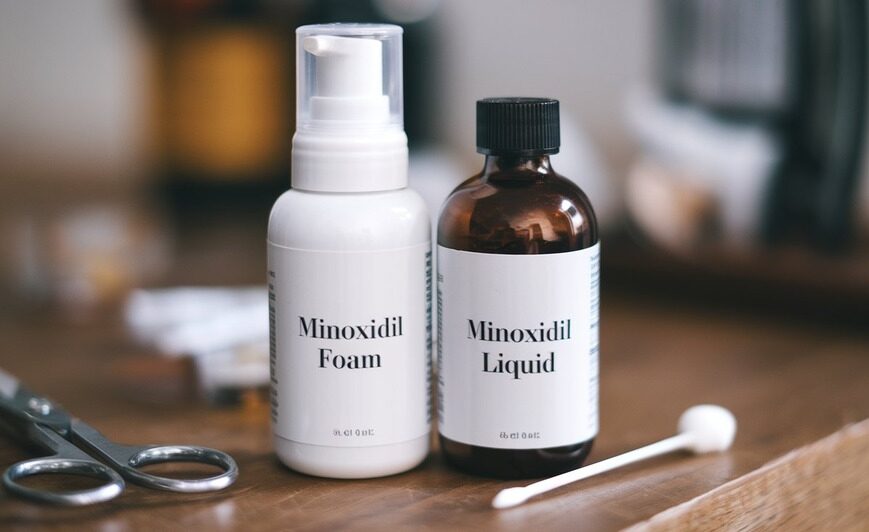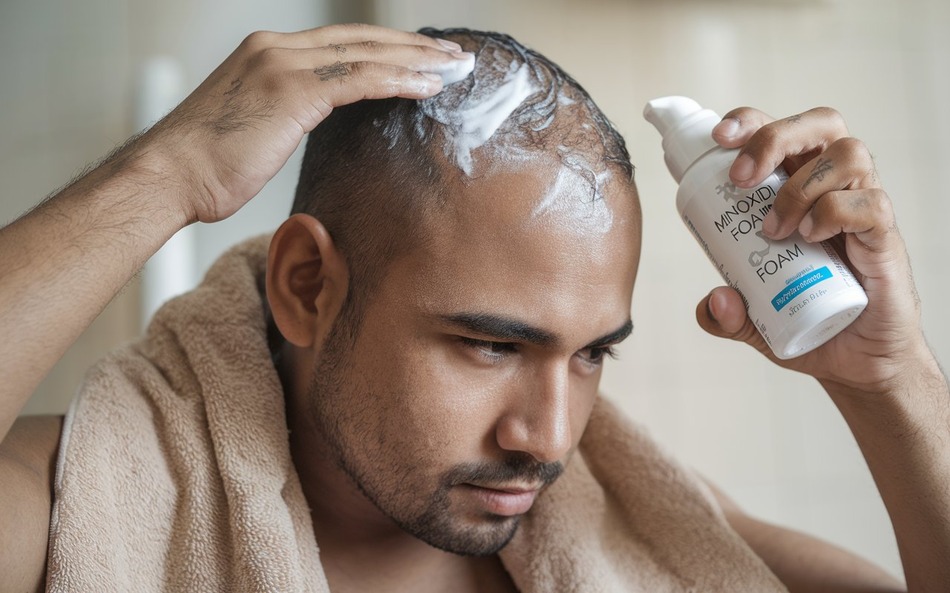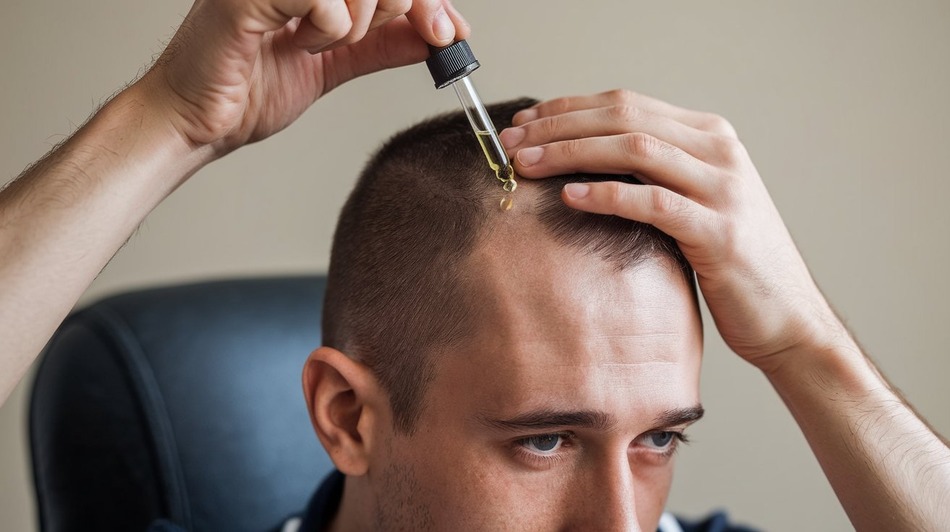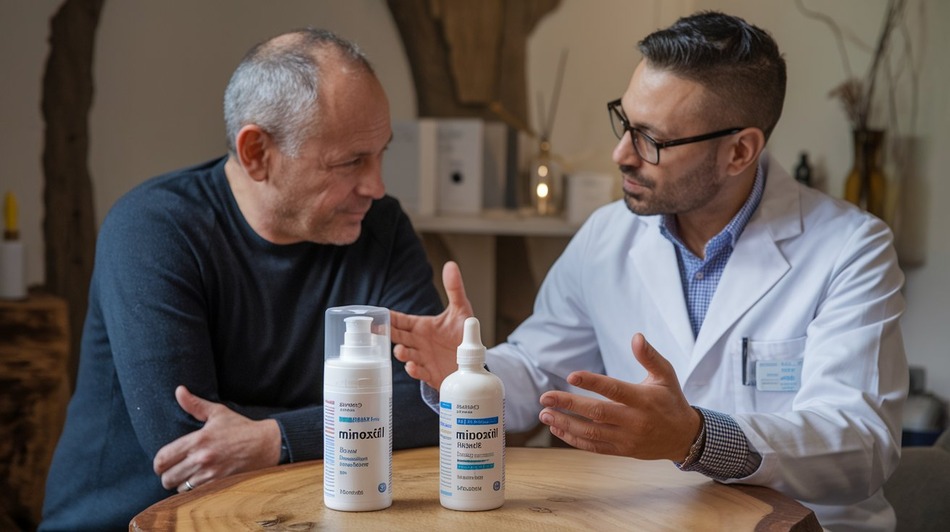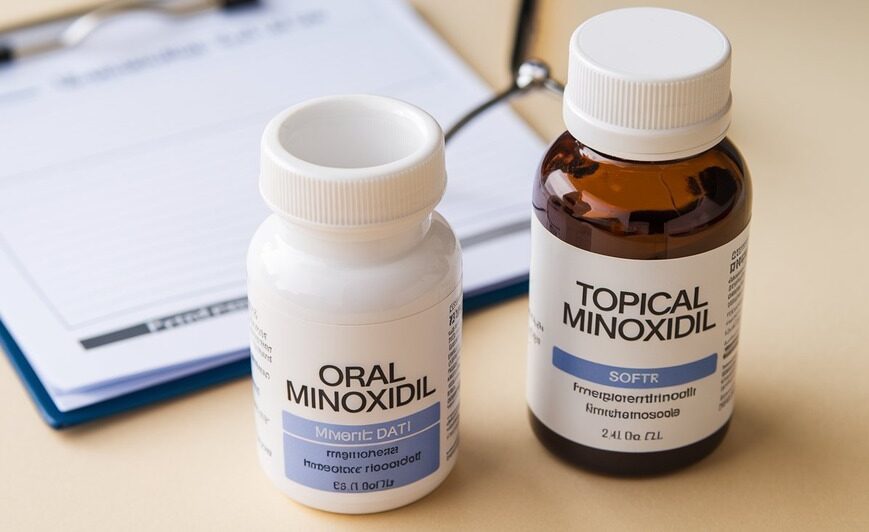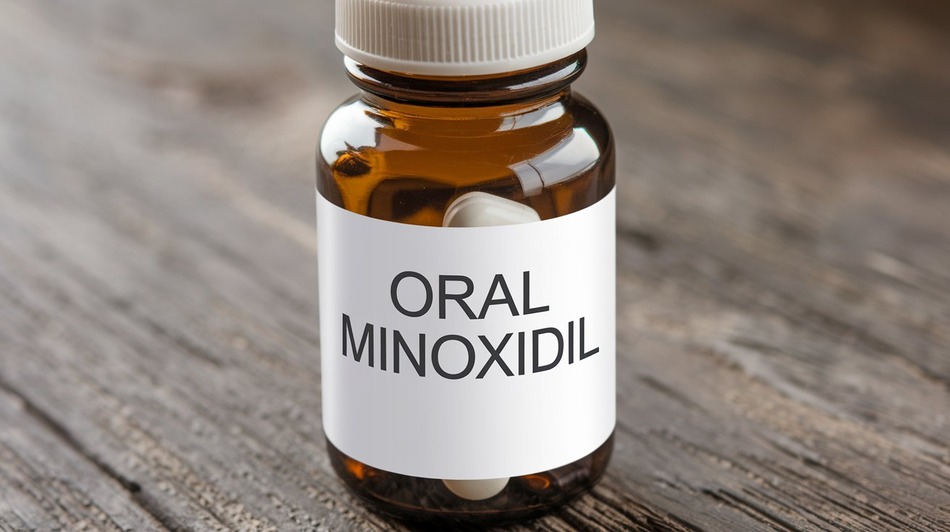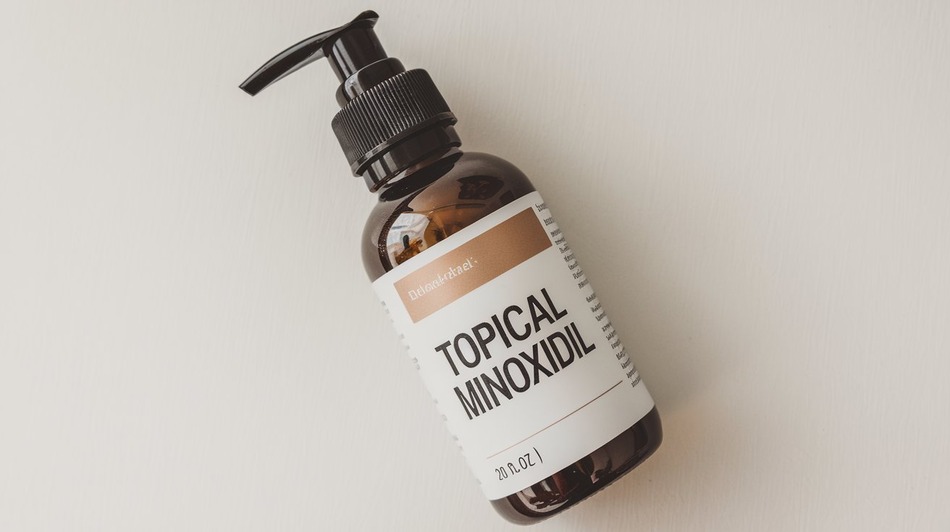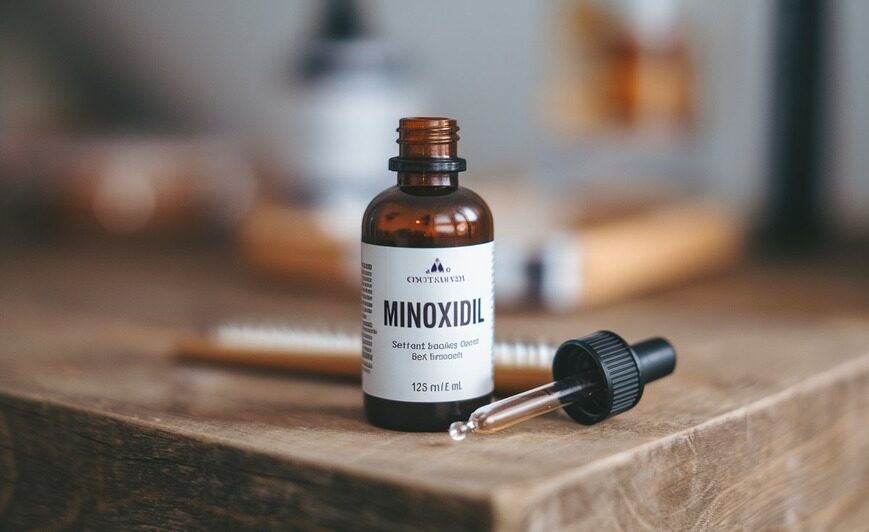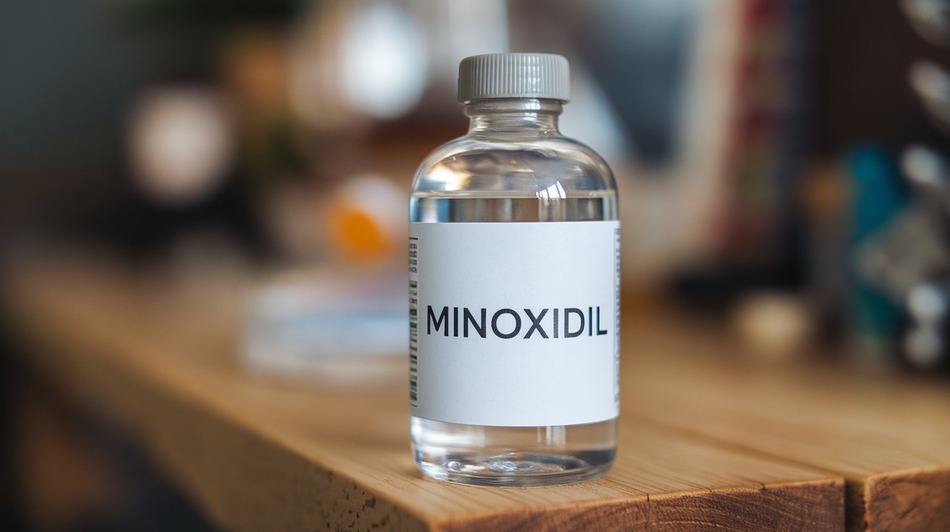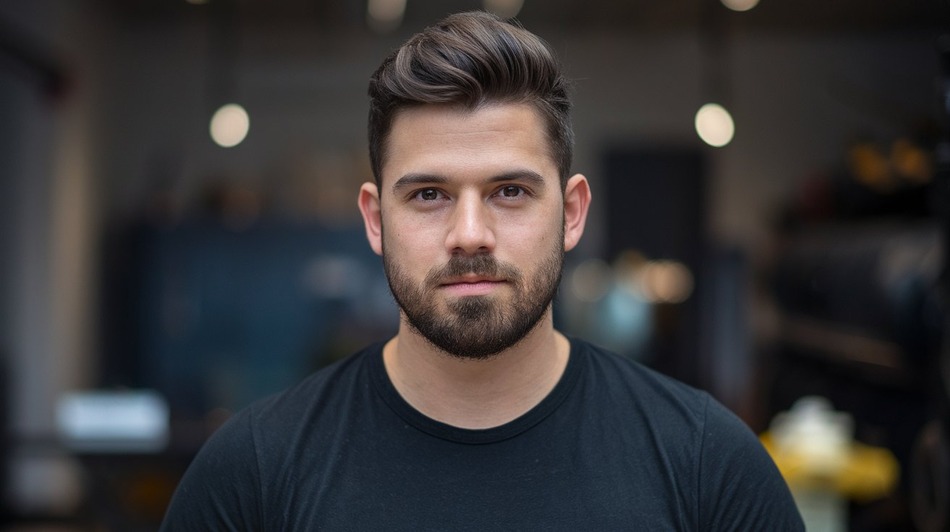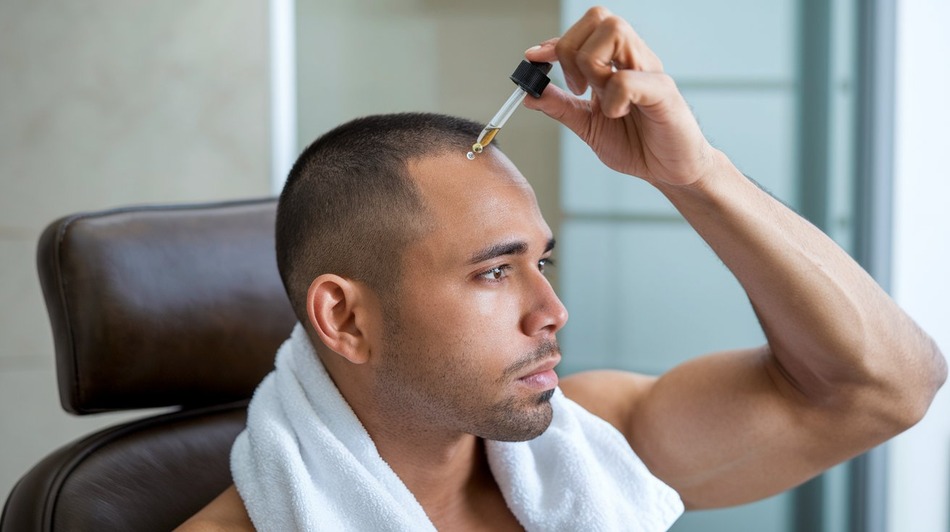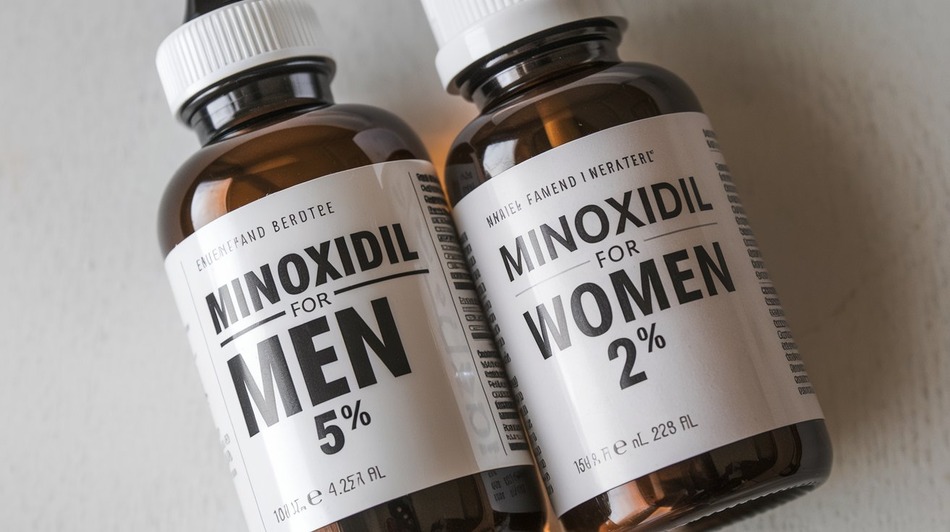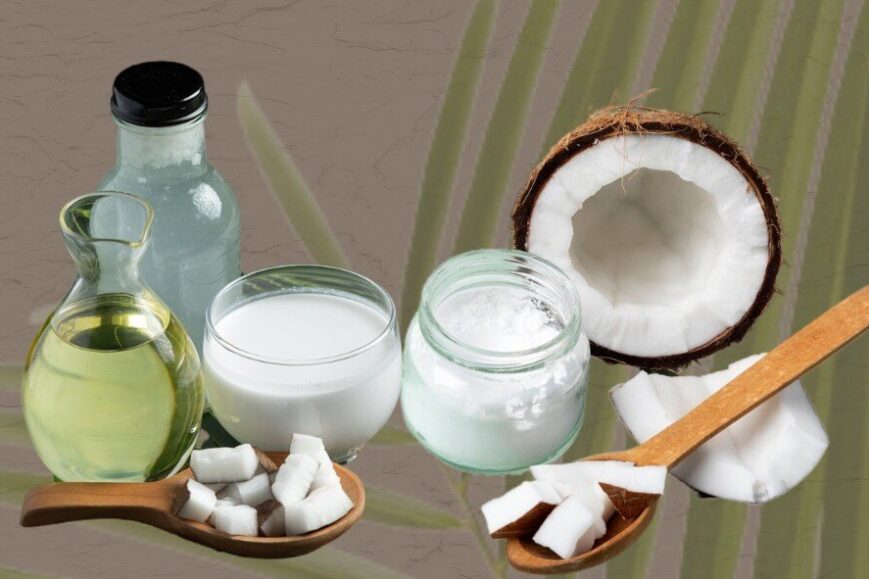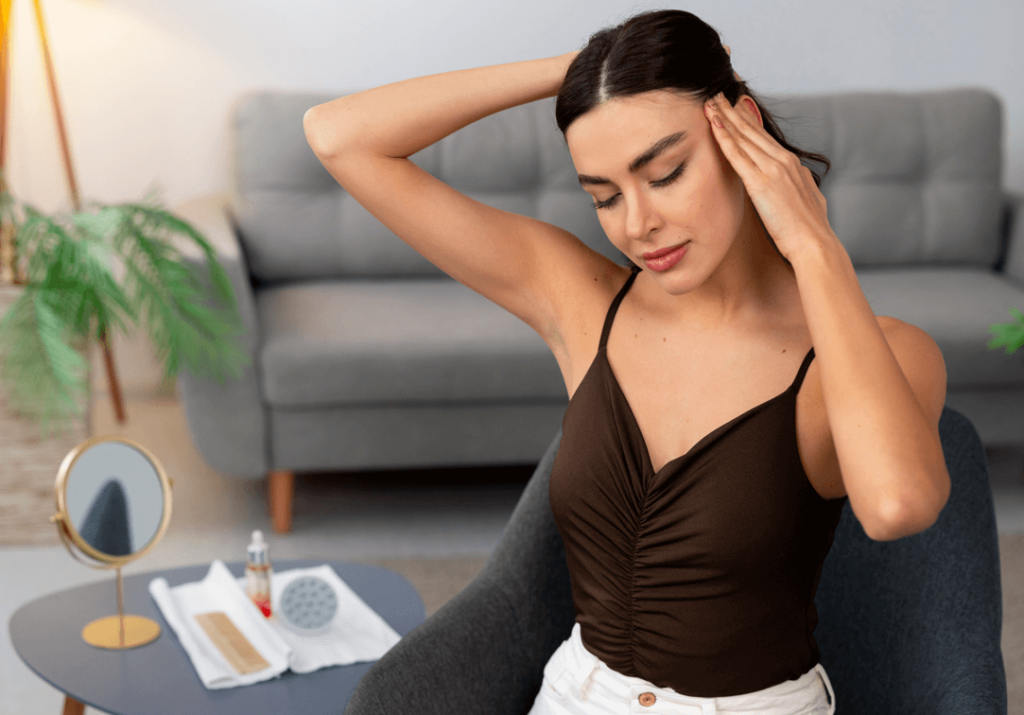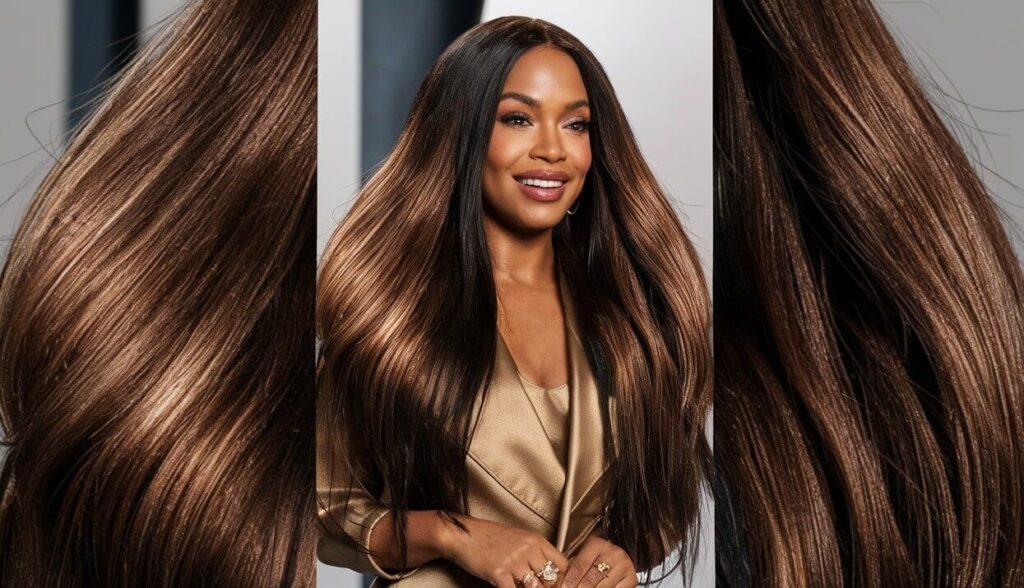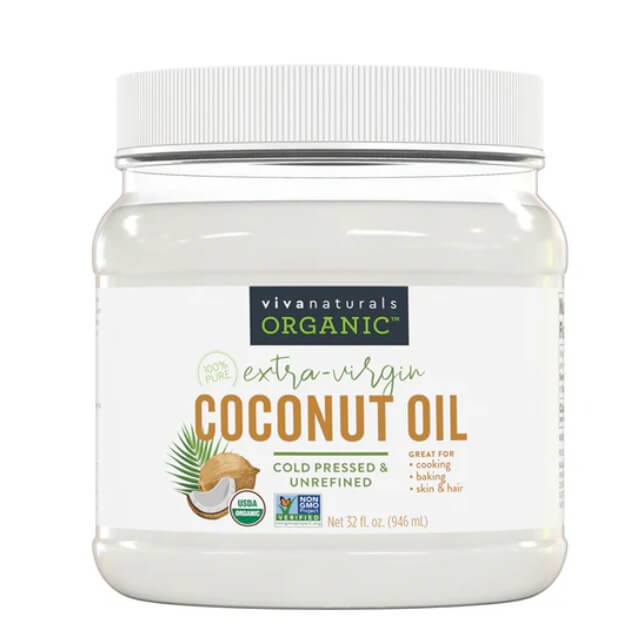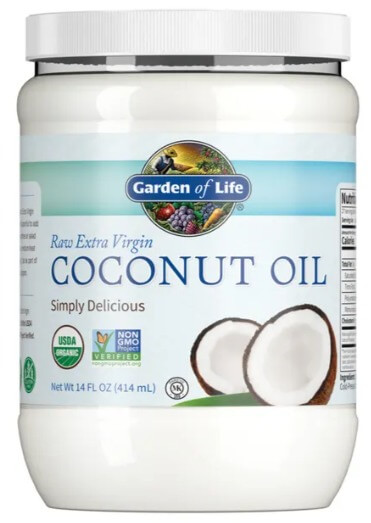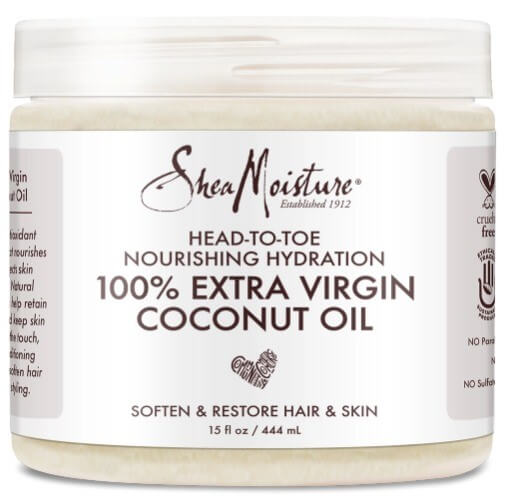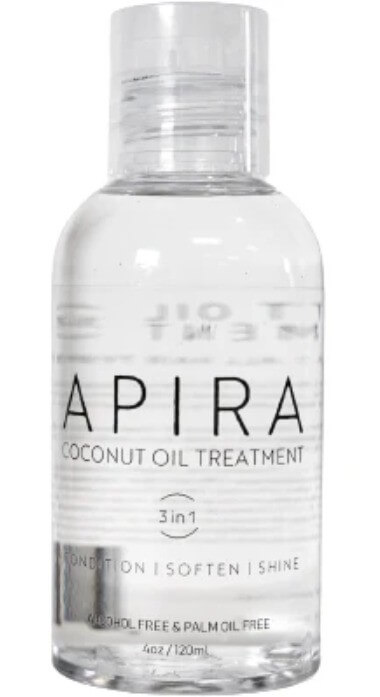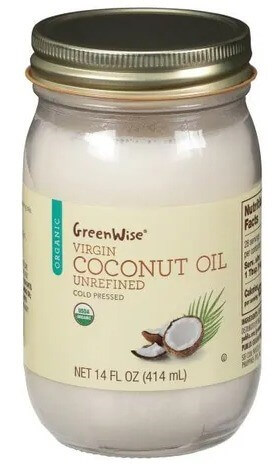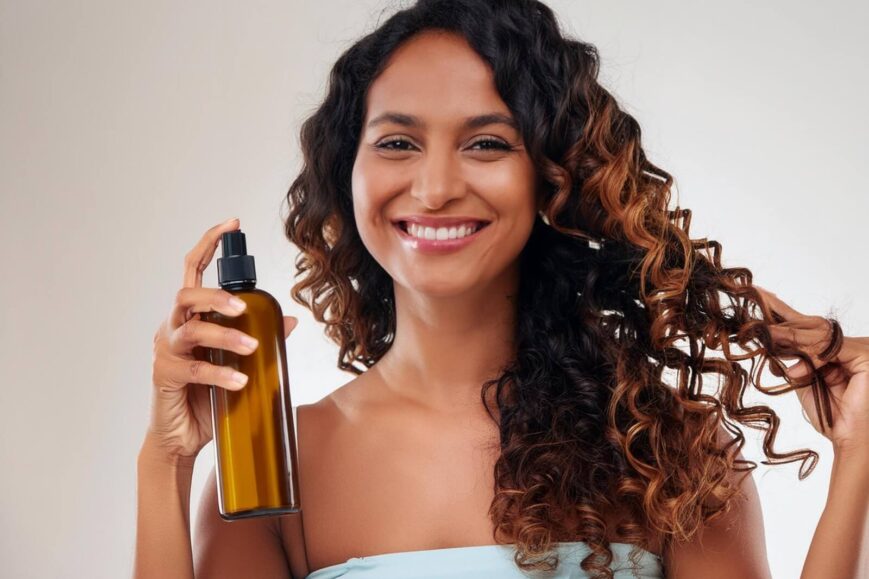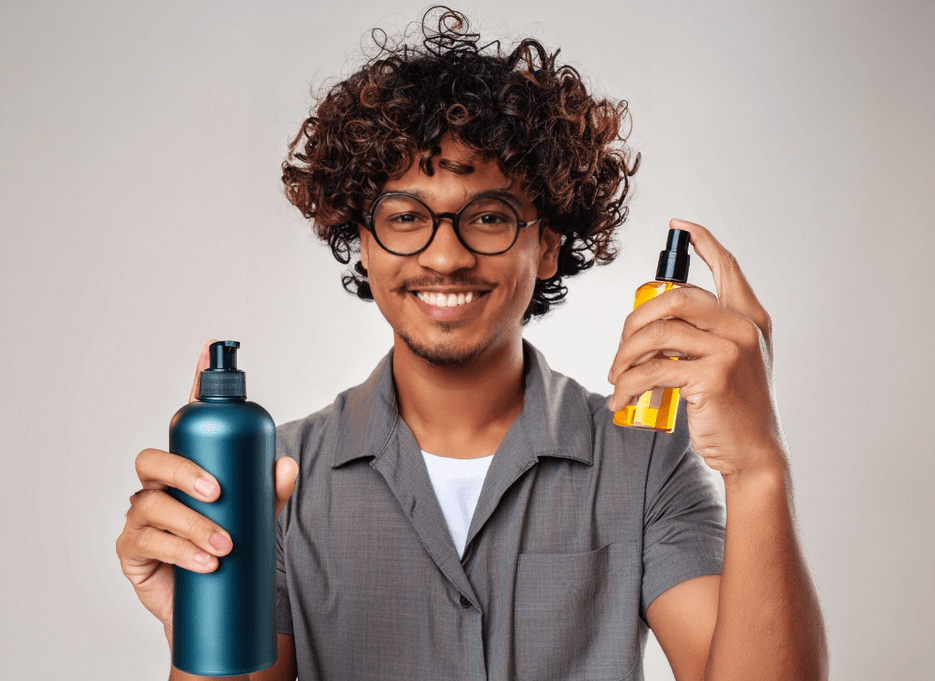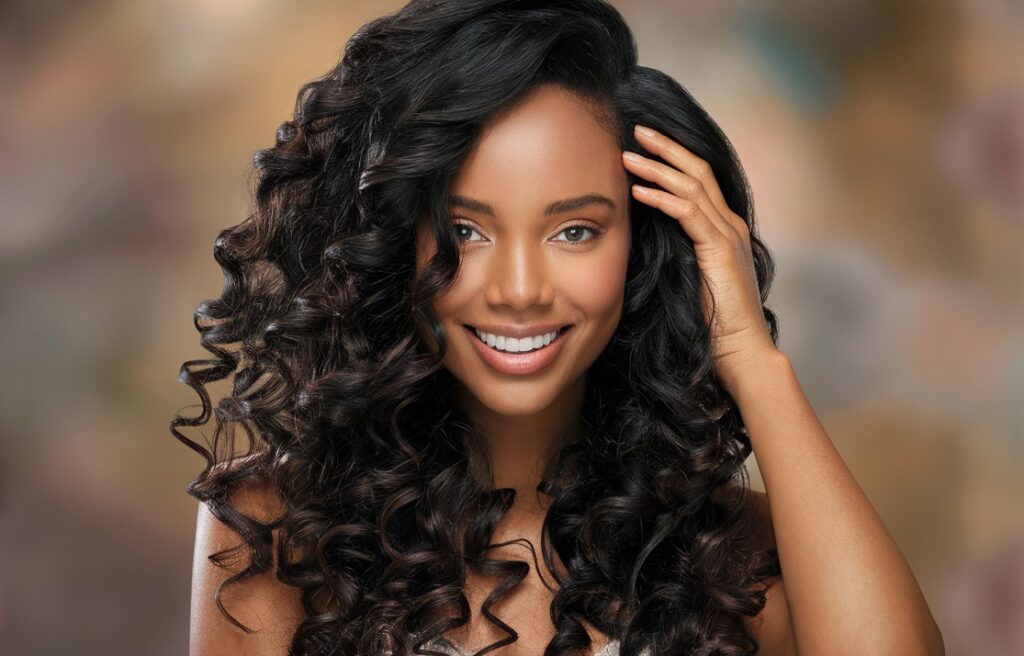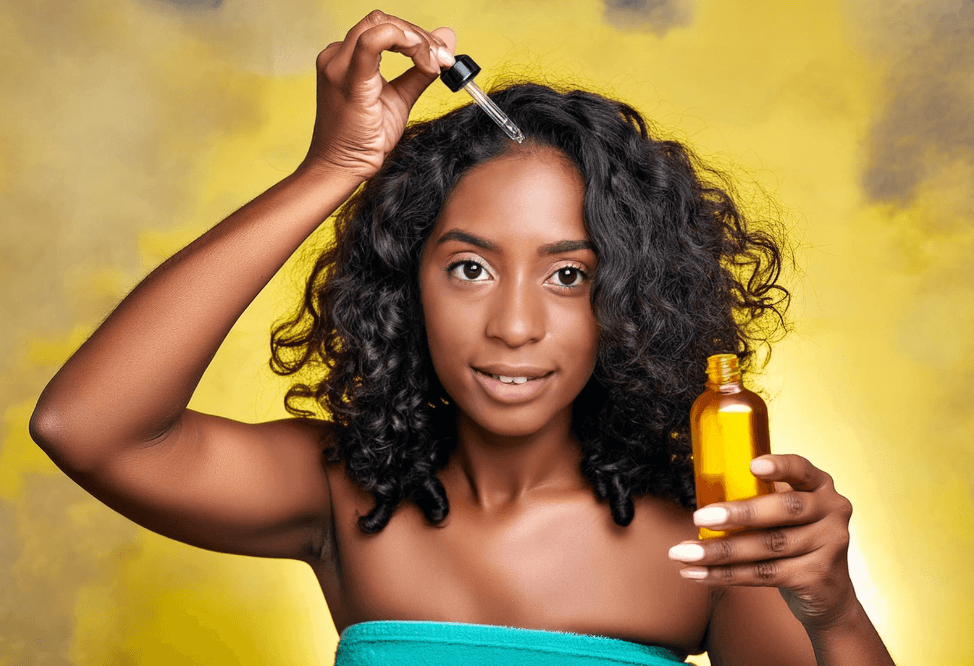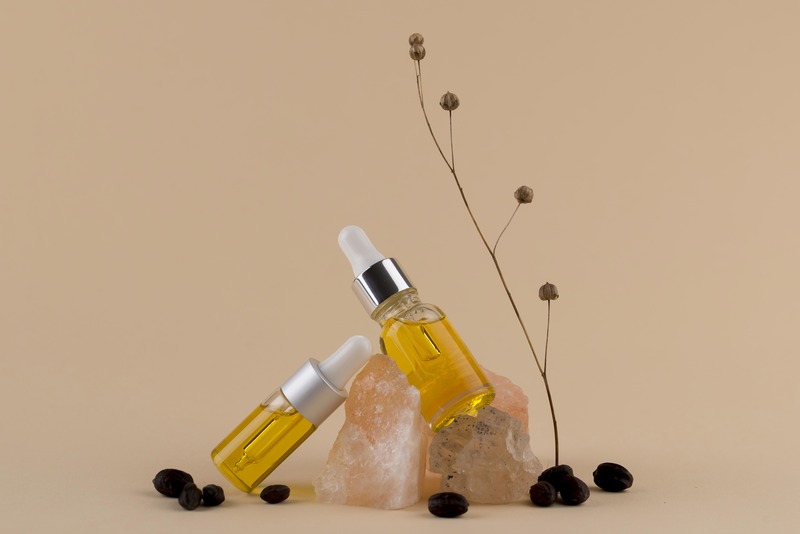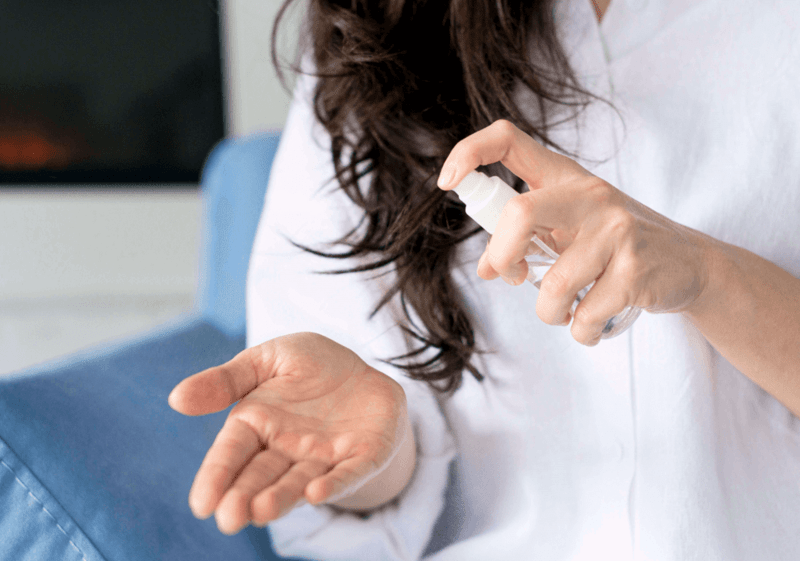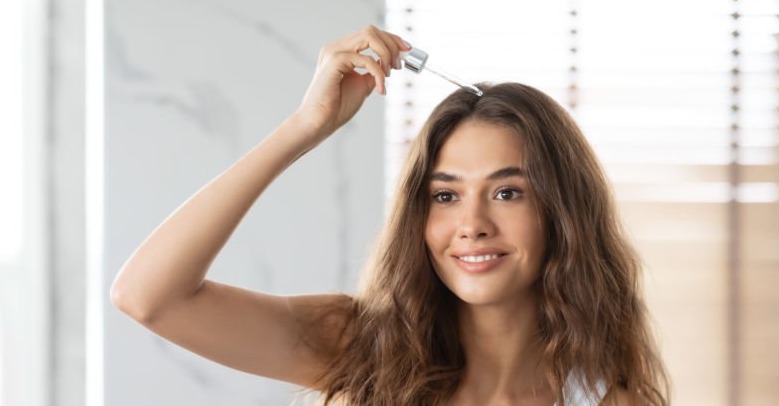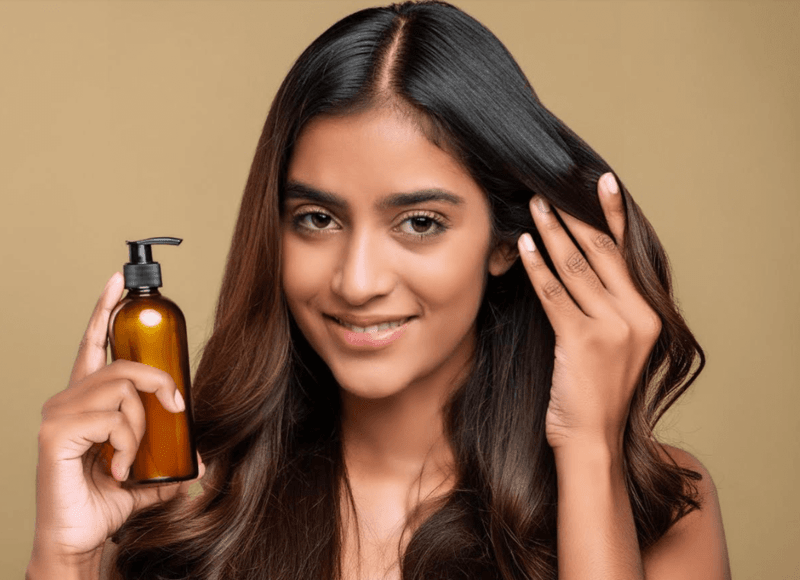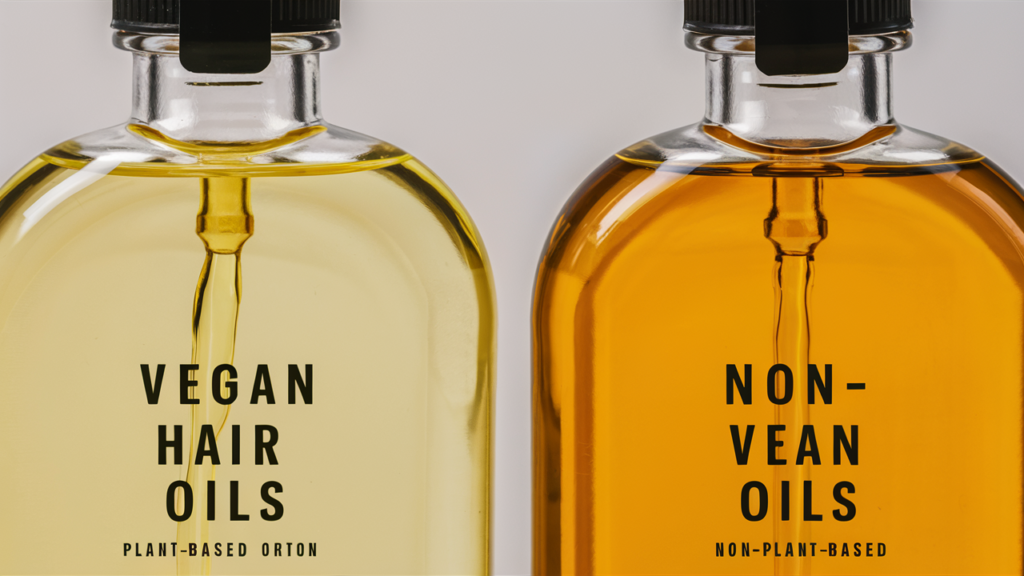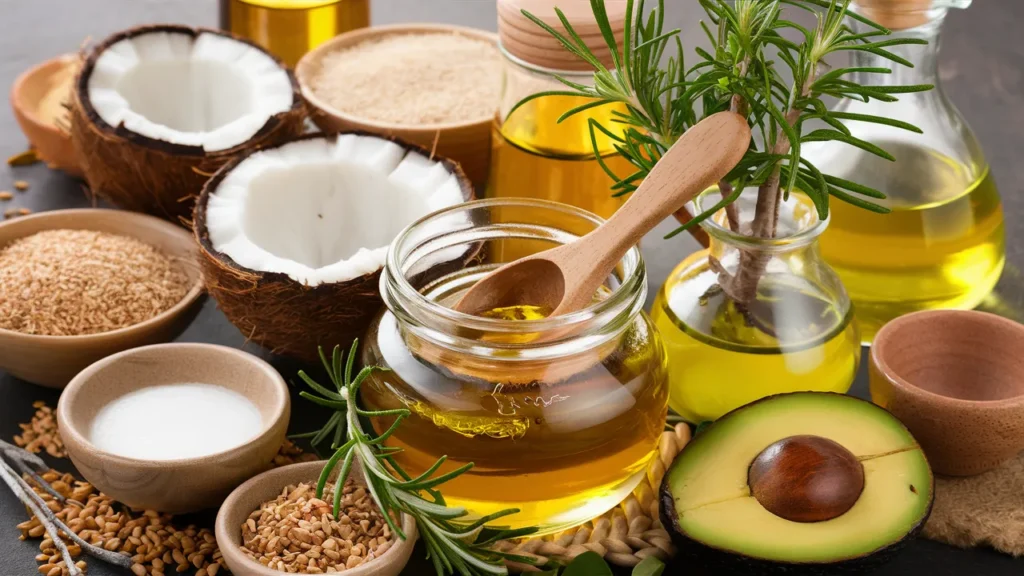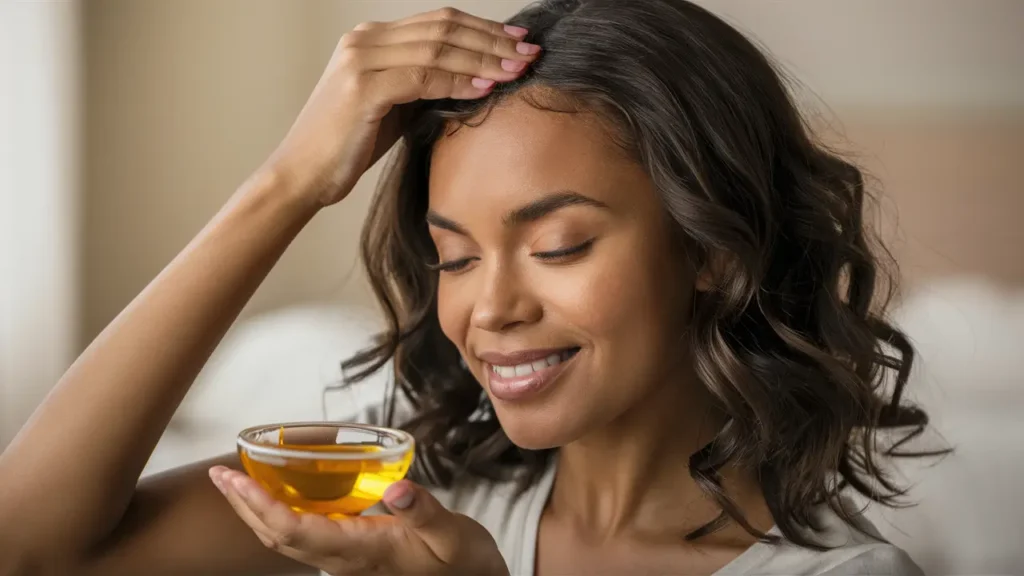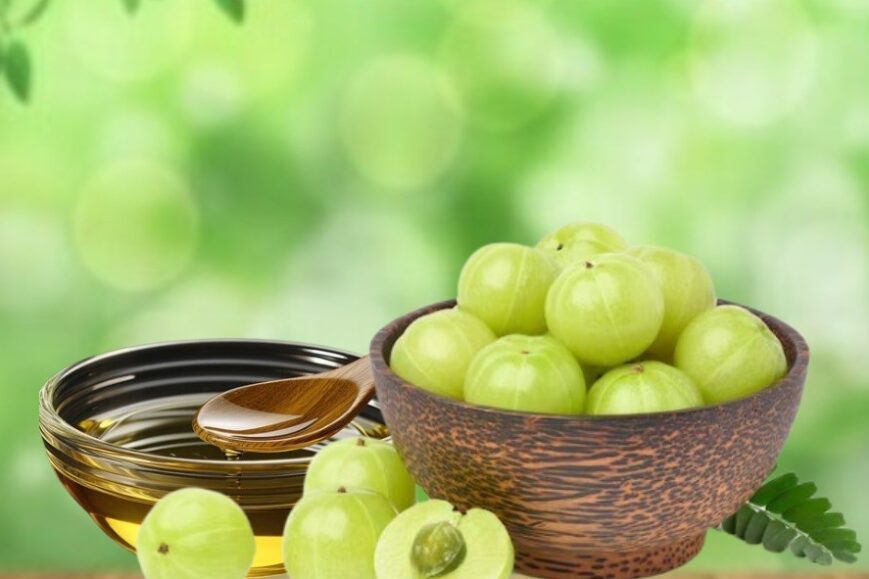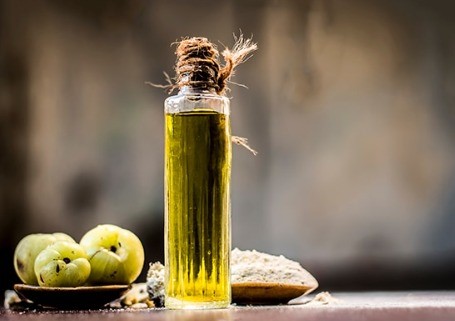How many times have you asked yourself if that bald patch you have can be saved? If you are a man seeking a natural treatment to stop or reverse the balding process, Minoxidil for men may be the solution you need.
Living with hair loss can be quite challenging for many men. However, the landscape of hair loss treatment is evolving, and Minoxidil offers a ray of hope. Originally developed to treat high blood pressure, Minoxidil serendipitously revealed an unexpected side effect: hair regrowth. This discovery transformed it into an effective solution for male pattern baldness.
The great thing about Minoxidil is that it is simple to apply and readily available in most stores, making it one of the primary tools in the fight against hair thinning. Not only does it aim to halt hair loss, but it also claims to restore the thickness of hair you enjoyed in your earlier years.
So, where does this powerful treatment fit into your hair care regimen? Let’s discuss some of the ways Minoxidil can help restore your confidence and potentially save the thinning areas of your scalp. For any man looking for a viable product to stop or even reverse hair loss, Minoxidil is certainly a worthy option.
What is Minoxidil for Men?
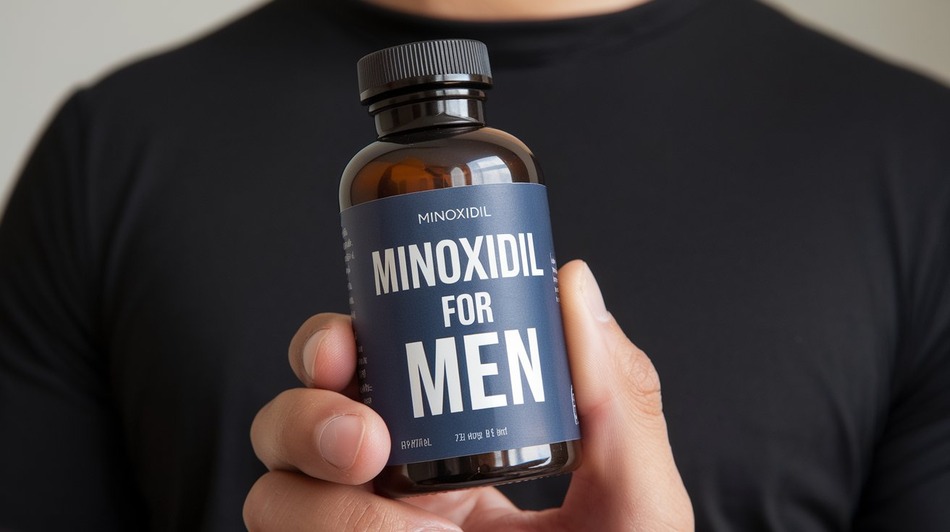
Minoxidil for men is a topical solution designed to help restore hair growth and maintain existing hair. While it may not be a perfect remedy, numerous users consider it to be very effective.
Background on Minoxidil: Initially used to treat hypertension, it became evident that Minoxidil promotes hair growth as a side effect. This revelation led to its use as a treatment for hair loss.
FDA Approval and Effectiveness: Minoxidil is widely recognised and classified as one of the few medicinal remedies approved by the FDA for combating male pattern baldness. Its benefits are most notable in men experiencing balding or a receding hairline. Originally developed to treat hypertension, the hair growth feature was discovered as an additional benefit of this drug.
Key Points to Note About Minoxidil for Men
- Mechanism: Minoxidil promotes hair growth by enhancing the blood supply to hair follicles, sending a signal for renewal.
- Usage: Users typically massage it into the scalp in the morning and at night, and it can be purchased without a prescription.
- Popularity: Due to its demonstrated effectiveness, Minoxidil has become the standard remedy for men experiencing hair loss due to male pattern baldness.
This treatment has helped many men who sought to change their appearance through increased hair volume.
How Does Minoxidil Work?
Minoxidil primarily acts by promoting hair follicles in the scalp to improve blood circulation. This enhanced circulation delivers essential nutrients and oxygen to the follicles, thereby improving the quality of hair.
Mechanism of Action
- Vasodilation: Minoxidil is an antihypertensive agent with vasodilating effects, meaning it dilates blood vessels. This dilation improves blood circulation, which in turn supplies necessary nutrients to hair follicles.
- Anagen Phase Extension: Minoxidil increases the duration of the anagen phase of the hair growth cycle, helping hairs to grow longer and thicker on the scalp.
- Follicle Stimulation: Minoxidil can stimulate new hair growth in areas where hair thinning has occurred because the topical solution can awaken dormant hair follicles. It extends the anagen stage of the hair follicles, resulting in fewer hair losses and more hair regrowth.
- Encourages New Hair Growth: The increase in blood flow stimulates inactive follicles, prompting them to produce new hairs.
- Slows Down Hair Loss: By maintaining the activity of hair follicles, Minoxidil significantly reduces the amount of hair loss.
All these factors contribute to Minoxidil’s effectiveness in treating male pattern baldness and other types of hair loss, explaining why many people are interested in its use.
Advantages of Applying Minoxidil for Men
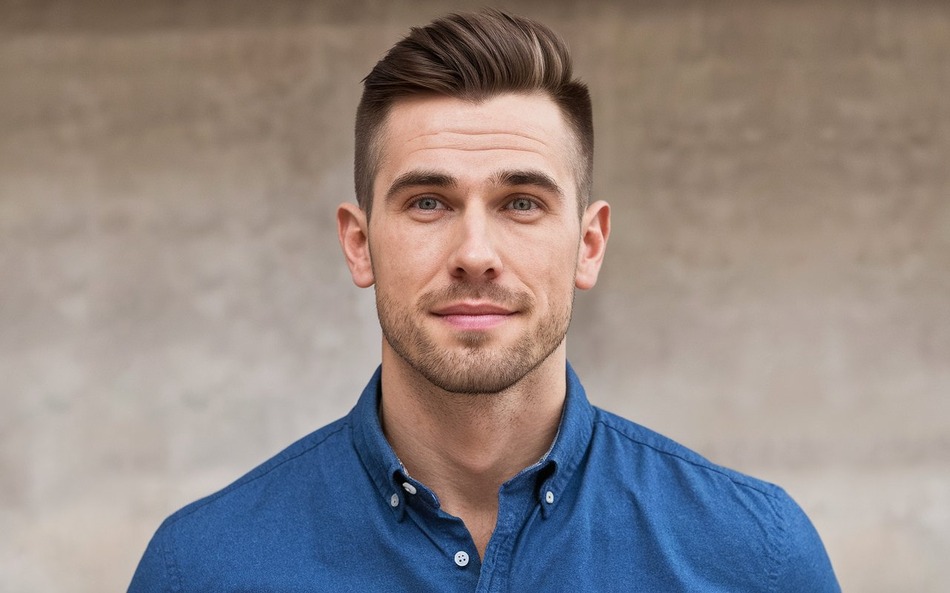
The advantages of Minoxidil for men include several benefits that can be experienced when the product is applied diligently over time. Here’s what you can expect:
Overall, this highlights Minoxidil as a harmless and effective approach to preventing hair thinning and loss for men. Many consider it to be highly beneficial when used regularly, not just for hair but for other parts of the body as well.
Types of Minoxidil for Men: Foam vs. liquid
Minoxidil is available in two forms for men: foam and liquid. Both have their uses, so it ultimately comes down to personal preference.
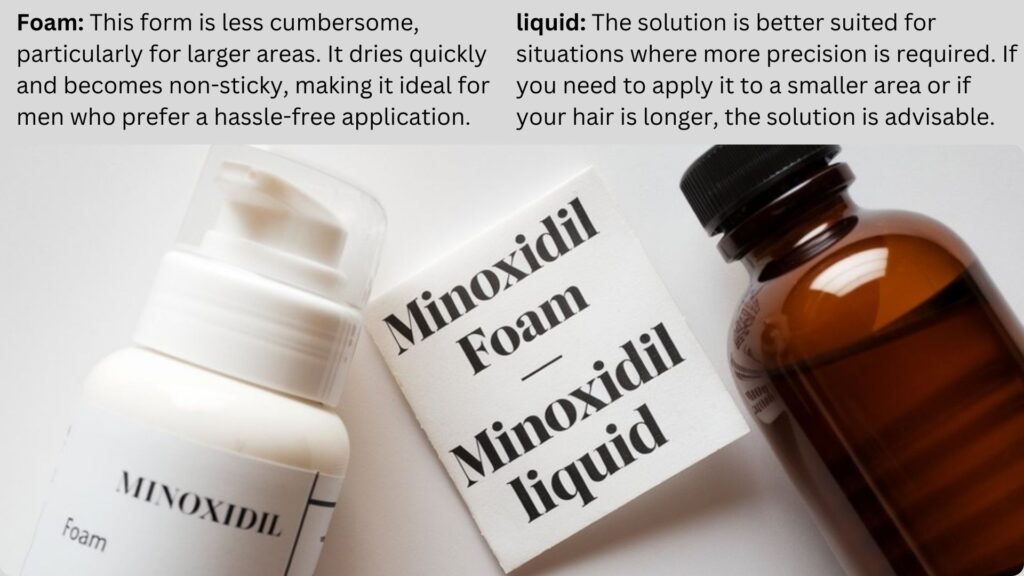
Both forms contain Minoxidil 5%, which is the optimal concentration of the active ingredient for addressing male hair loss.
Minoxidil comes in both foam and liquid forms. Foam is often less irritating for those with sensitive scalps, while the liquid formula can be easier to apply directly to the scalp.
Dosage Guidelines
For optimal results when using Minoxidil for men, follow these dosage guidelines:
Minoxidil Dosage
- Apply Twice Daily: For the best results, apply Minoxidil both in the morning and in the evening.
- Use About 1ml Each Time: For effective coverage, it’s advisable to measure out approximately 1ml of the solution for each application.
- Ensure Your Scalp is Dry Before Application: It is crucial that your scalp is thoroughly dry before applying Minoxidil, both in the morning and at night. This helps improve the retention of Minoxidil, thereby increasing its efficacy.
By following these guidelines, you can enhance your chances of regrowing thinning hair while protecting your existing hair.
Take photos periodically to monitor your progress. Seeing the changes can be motivating and help you stay consistent with your routine.
Application of Minoxidil for Men
To apply Minoxidil effectively for men, follow these straightforward steps:
By keeping these points in mind, you can achieve the best results from Minoxidil for hair regrowth and preservation.
Wait at least 4 hours after applying minoxidil before washing your hair or going swimming. This allows enough time for the product to absorb into the scalp fully.
Side Effects of Minoxidil for Men
Minoxidil is also used in conjunction with other medications for certain types of male pattern hair loss.
For most men, Minoxidil is safe and has minimal side effects, but there are a few things to watch out for:
- Scalp Irritation: Mild skin rashes, dryness, and itching of the scalp are common side effects. This can often be alleviated by using a good moisturizing shampoo to help reduce discomfort.
- Initial Shedding: Interestingly, it is not uncommon for Minoxidil to cause initial hair loss within the first couple of weeks of application. This is normal and may actually indicate that the product is working as intended.
- Unwanted Facial Hair Growth: Minoxidil should not be applied to the hairline, as it can lead to hair growth in unwanted areas of the body, such as the forehead or cheeks.
If you experience more severe symptoms, such as chest pain, dizziness, or swelling, you should stop using Minoxidil and consult a healthcare provider.
When Will You See Results from Minoxidil for Men?
Just like with Minoxidil for men, you need to be patient with your hair.
You may experience some hair shedding after the first few washes; this is normal, and it indicates that the product is working.
Here’s a general timeline of what to expect:
- 2–4 Months: You may start to notice soft, fine hair, often referred to as “peach fuzz,” beginning to sprout.
- 4–6 Months: At this stage, you might observe that areas which were previously sparse are starting to feel fuller with thicker hair.
- After 6 Months: By this point, you should have a clear idea of Minoxidil’s effectiveness on your hair. If you are not seeing the desired results, it may be time to consider alternative strategies.
Use the treatment daily and be patient—Minoxidil for men has a gradual action, and consistency is key to achieving the best results.
Hair growth can take time. Most men start seeing results after about 3–6 months of consistent use. Don’t get discouraged if you don’t see immediate results; persistence is c
Who Should Apply Minoxidil for Men?
Minoxidil for men isn’t a one-size-fits-all solution, but it’s especially helpful for:
However, Minoxidil is not suitable for receding hairlines or sudden hair loss. For these conditions, other therapies may be more appropriate.
If you have medical conditions or take other medications, consult a healthcare provider to ensure minoxidil is safe and compatible with your health plan.
Warnings and Precautions When Using Minoxidil for Men
It is important to be mindful of specific warnings and precautions when using Minoxidil, especially for men. Here’s what you need to keep in mind:
- Allergic Reactions: Patients who are sensitive to any components of this medication should avoid using Minoxidil. Some formulations may contain allergens that can trigger allergic reactions, so always check the label.
- Avoid Eye Contact: Take care to prevent Minoxidil from coming into contact with your eyes. If it does, rinse your eyes with water thoroughly until all traces are removed.
- Consult Your Doctor: Individuals with chronic heart conditions or other severe cardiovascular diseases should not use this treatment. It is crucial to ensure that Minoxidil does not pose any risks based on your health status.
To avoid severe side effects while using Minoxidil, always keep these warnings in mind to ensure it is as safe and effective for hair regrowth as possible.
While minoxidil works externally, a diet rich in hair-friendly nutrients like biotin, zinc, and vitamin D can support healthy hair growth from within. Always consult a healthcare provider before starting new supplements.
Conclusion
Minoxidil for men is a proven and effective treatment for hair loss, especially for those dealing with male pattern baldness.
By increasing blood flow to hair follicles and extending the growth phase of hair it offers visible benefits such as new hair growth and strengthened existing strands.
While it’s essential to follow dosage guidelines and be aware of potential side effects, many men find that with consistent use, minoxidil can significantly enhance their hair health and overall confidence.
If you’re considering starting this treatment, remember to consult with a healthcare professional if you have any underlying health conditions. Your journey to thicker, fuller hair could begin with a simple application of minoxidil!
FAQs
How should I apply minoxidil for men?
Apply minoxidil twice daily on a clean, dry scalp. Use about 1ml each time and massage it gently into the thinning areas.
How long does it take to see results?
Most men begin to see noticeable results within 4 to 6 months of consistent use.
Are there any negative effects of minoxidil for men?
Common side effects may include scalp irritation, itching, or unwanted facial hair growth. If you experience severe side effects, consult your doctor.
Can I use minoxidil with other hair products?
Yes, but it’s best to wait at least 30 minutes after applying minoxidil before using other products to ensure proper absorption.
Is a prescription needed for minoxidil for men?
No, minoxidil is available over the counter and does not require a prescription.
Who should avoid using minoxidil for men?
Individuals who are allergic to any of its ingredients or have certain heart conditions should consult their doctor before using minoxidil.
Can I stop using minoxidil once I see the results?
To maintain results, continuous use is necessary. Stopping treatment may lead to hair loss returning to its previous state.
